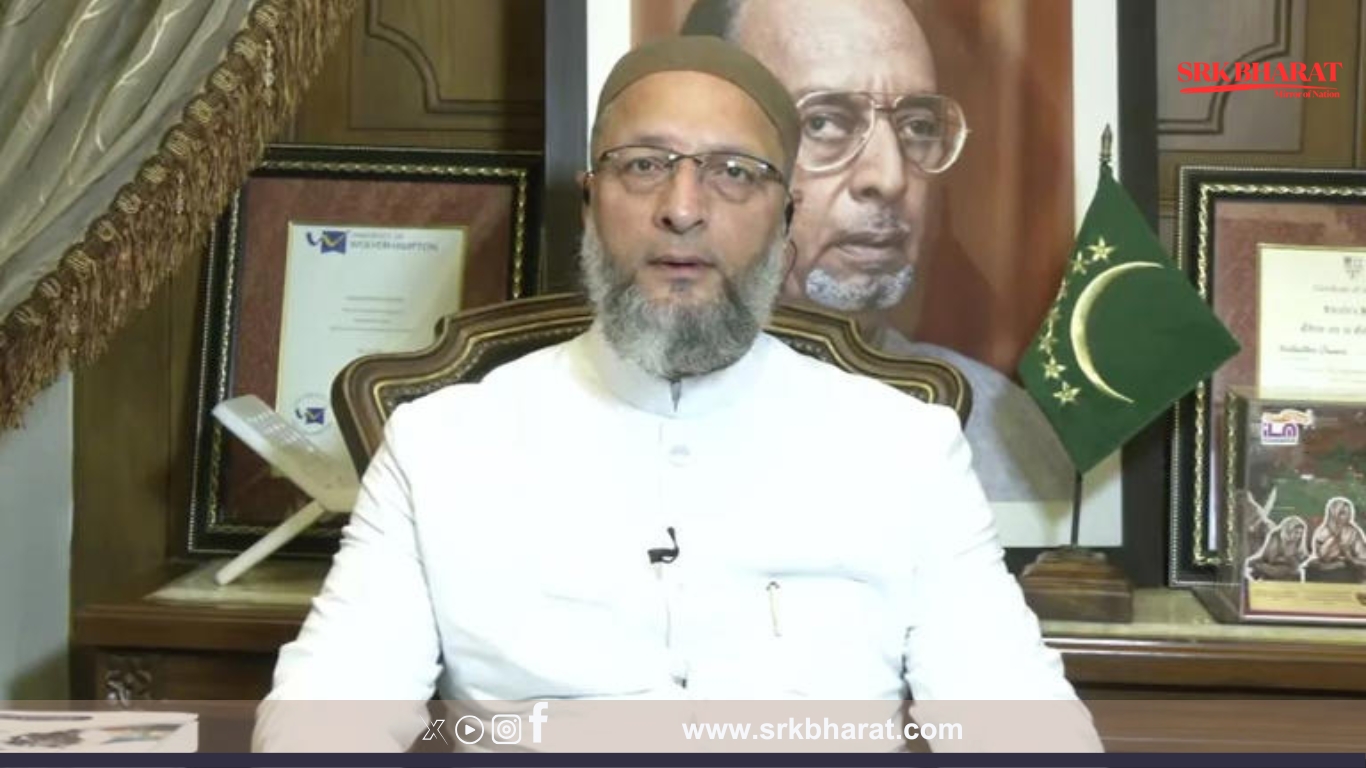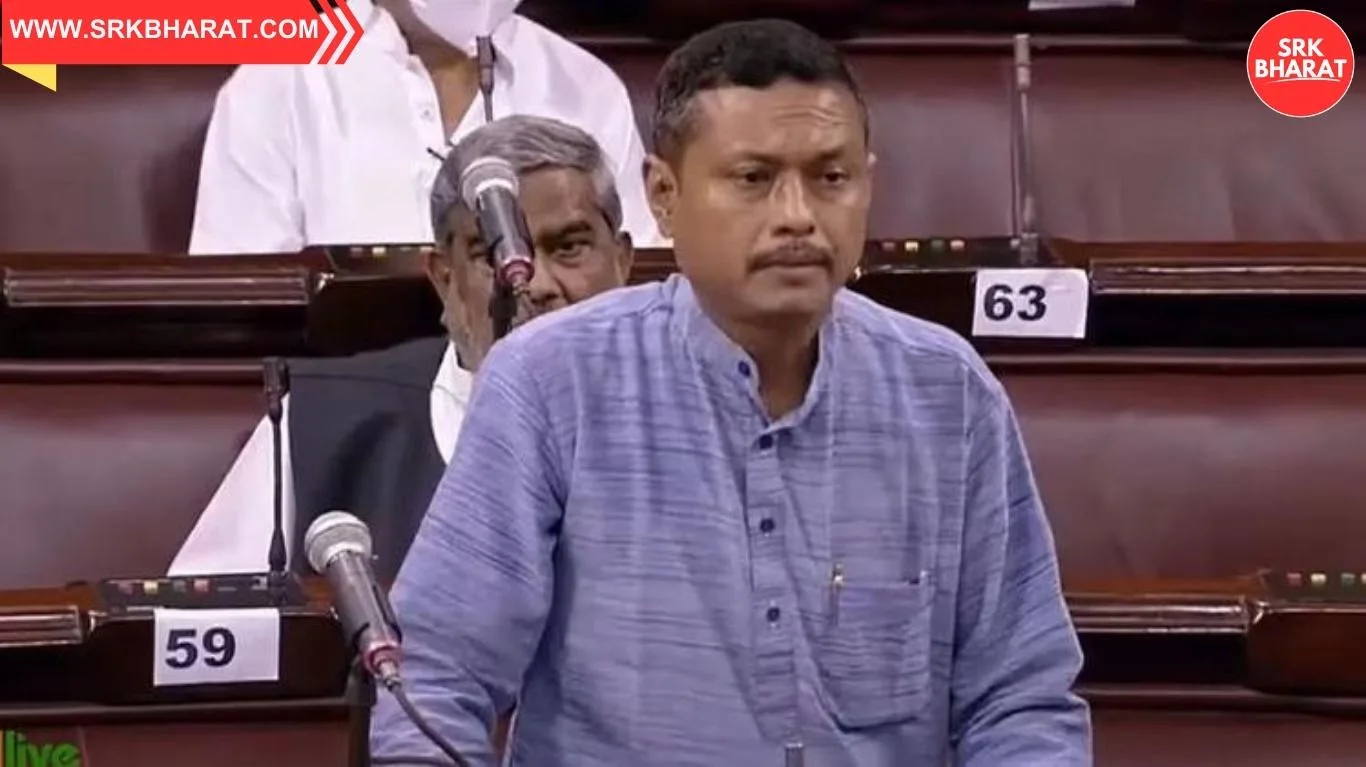AIMIM chief Asaduddin Owaisi has called on the Indian government to expand its diplomatic outreach to China in efforts to counter Pakistan-sponsored terrorism. His remarks come amid growing concerns over cross-border terror attacks, including the recent Pahalgam attack, which claimed 26 lives.
Owaisi’s Call for Wider Diplomatic Engagement
Speaking at a press conference, Owaisi emphasized the need for India to push global allies to designate The Resistance Front (TRF) as a terrorist organization under international law. He expressed disappointment over the United States’ silence on Pakistan’s alleged role in the Pahalgam attack and urged the government to engage neighboring countries, including China, to build a stronger regional stance against terrorism.
China’s Role in India-Pakistan Relations
Owaisi’s remarks come at a time when China has vowed to play a constructive role in maintaining the ceasefire understanding between India and Pakistan. Chinese officials have reiterated their commitment to fostering regional stability, stating that both India and Pakistan are important neighbors and that Beijing is willing to mediate discussions to prevent further escalation.
India’s Diplomatic Strategy Post-Operation Sindoor
Following Operation Sindoor, India has intensified its global outreach to expose Pakistan’s terror infrastructure. Owaisi, who is part of an all-party delegation visiting key nations, has pledged to reveal Pakistan’s motives to foreign governments. He has also urged Turkey and Azerbaijan to reconsider their support for Pakistan, highlighting that India has a significant Muslim population and does not need external validation.
Conclusion
Owaisi’s call for engaging China in counter-terror diplomacy underscores the complex geopolitical landscape surrounding India-Pakistan relations. As India continues its diplomatic push, the role of China and other regional players in shaping the future of counter-terror efforts remains a critical factor.
For more updates on this developing story, stay tuned.











